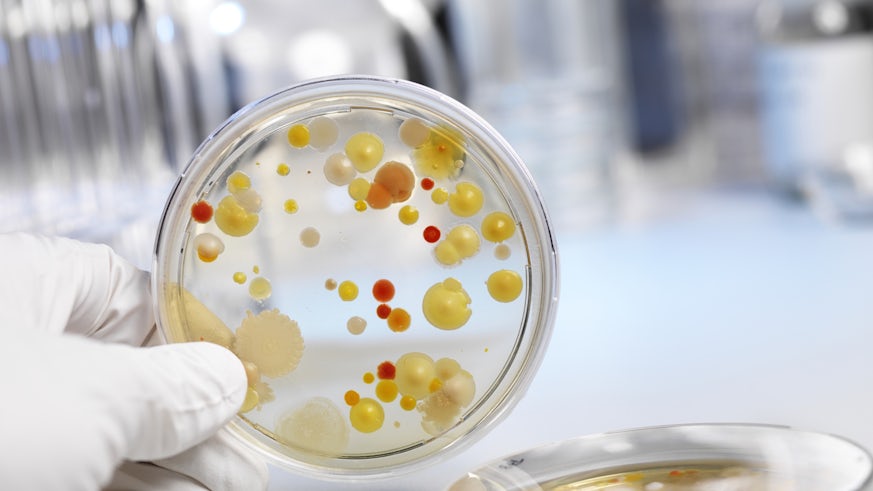Wiping out ‘superbugs’
10 June 2015

Study shows clinical detergent wet wipes spread hospital 'superbugs'
Clinical detergent wet wipes used in
hospitals across the UK show "huge variability" in their ability to eliminate
so-called 'superbugs', according to the findings of a novel study led by the University.
Scientists also found that in every instance the wipes actually spread the
superbugs from one surface to another.
The majority of UK infection control policies support the use of
detergent-based products for routine cleaning in hospitals, with detergent wet
wipes increasingly being used. Bacteria found on hospital surfaces lead to
infection, resulting in longer patient stays and treatments.
Yet until now, there has been no information about the ability of clinical
detergent wet wipes to remove disease-causing bacteria from these surfaces
without spreading them.
Published today online in the American Journal of
Infection Control, a team of researchers from the
University's School of Pharmacy and Pharmaceutical Sciences have resolved to
shed light on this issue.
They tested seven commercially available detergent wipes on three of the most
common hospital infections, which include:
- Staphylococcus aureus (MRSA) - can cause a wide range of infections from relatively minor skin infections such as boils, to more serious infections of the blood, lungs and heart.
- Clostridium difficile diarrhoea - symptoms include a high temperature and abdominal cramps. Infection can lead to life-threatening complications involving severe swelling of the bowel.
- Acinetobacter baumannii - highly contagious bacteria which can cause patients infections in the lungs, blood and brain. It can also cause urinary tract and wound infections.
How effectively the clinical wipes were
able to eliminate superbug spores was gauged using a protocol based on the
European standard method for chemical disinfectants.
The research team found that the wipes were very inconsistent in their ability
to remove spores of the bacteria from hospital surfaces following a wiping
procedure that lasted 10 seconds. Perhaps more concerning was that all wipes
tested repeatedly spread significant amounts of bacteria over three consecutive
surfaces.
"The rise of
healthcare related infections has placed huge emphasis in recent years on
cleansing and disinfection practices," said Professor Jean-Yves Maillard from
the School of Pharmacy and Pharmaceutical Science. "Hospitals need to be sure
that the cleaning products they're using are actually safe.
"This is the first report on the effectiveness of the most used detergent wipes
in hospitals and what we've found is that in all too many cases they are not up
to the job, with results showing huge variability.
"Our tests show that although the detergent wipes succeed in removing
superbugs, they immediately transfer them when the wipe is used on a different
surface.
"Wet wipes are generally good products, but the efficacy of these products can
be improved. Hospital staff must be educated to ensure these products are used
properly and will not cause an unnecessary risk to staff and patients – a
single wipe should not be used on multiple surfaces."
In 2012, there were 1,646 deaths
involving Clostridium difficile
infection in England and Wales; 292 deaths related to MRSA; and in a study of European intensive care units, Acinetobacter baumannii was found
to be responsible for 19% of ventilator-associated pneumonia cases.
The research was funded by the School of Pharmacy and Pharmaceutical Sciences.